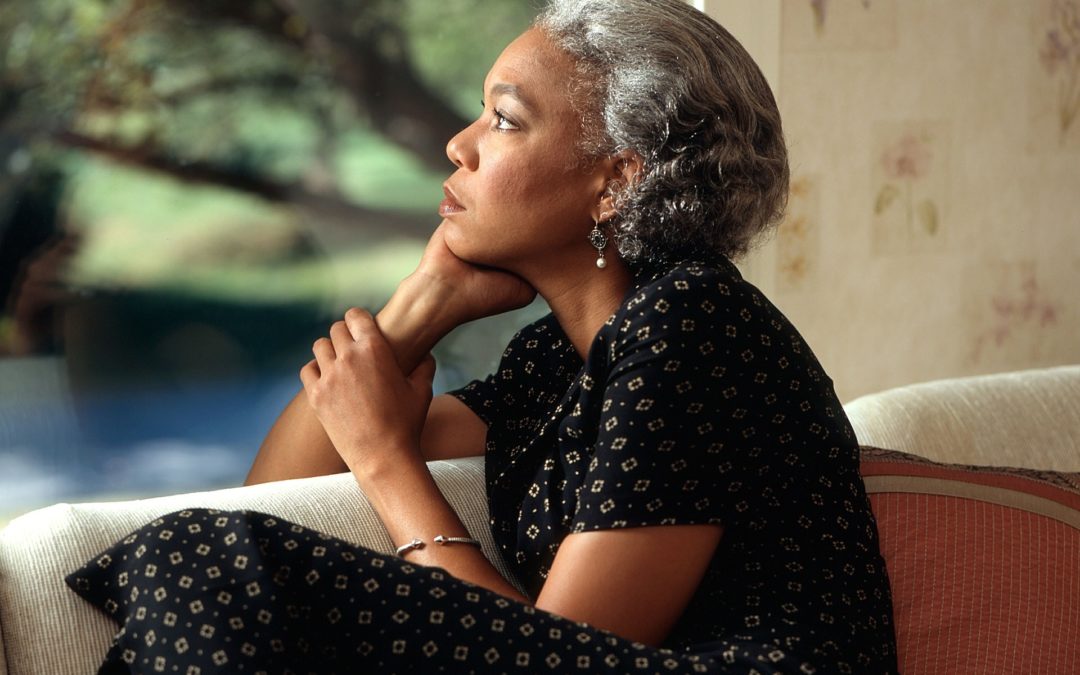The word “estate” sounds much more official than it is. “Estate” simply refers to anything you own: a house, a car, whatever money is sitting in your bank account, a vintage guitar collection, your beloved dog, the antique china set that was passed down to you from your great, great grandmother…
Anything.
Chances are that you own something, be it wildly valuable or meager in worth. But do you actually need to protect your belongings with an estate plan? Aren’t estate plans just for the rich and famous?
The truth is that everyone can benefit from having an estate plan in place. Not only can it provide peace of mind, but it can also simplify the lives of your loved ones in a worst-case-scenario situation. If you’re still on the fence, though, and wondering, Do I really, ACTUALLY need an estate plan? then ask yourself these three questions:
1. Do I want the state to decide how my belongings will get distributed? If you die without a will, state law will determine how your estate gets distributed. Every state has its own process, but here in Georgia, your surviving spouse and children will receive an equal share of your assets. No spouse or children? Next up are parents, siblings, nieces and nephews, grandparents, aunts, uncles and cousins…in that order. When the state distributes your assets per law, it is often the cause of major family feuds. The simple act of drafting a will will ensure your assets are distributed as you wish, and can help your family avoid drama in the wake of your death.
2. Will the court appoint the most qualified custodian for my children? Leaving the care of your children in the hands of a judge who doesn’t know you is a very scary thought. Of course, if your spouse survives you, then he or she would retain custody. However, if you both die—and you have not named a guardian in your will—then the court will appoint one for you, and their decision may not be ideal. Don’t have children? Read this article to understand more about why you still need an estate plan.
3. Who would make medical or legal decisions for me if I was incapacitated? If you were left incapacitated, who would be left with the responsibility of making your medical decisions? Is that risky surgery worth it? Is it what you would want? Drafting a living will or health care directive helps outline not only who should be responsible for making medical decisions, but also how you would like to be cared for. In addition to a living will or health care directive, drafting a power of attorney can assign someone you know and trust with the responsibility of making financial and legal decisions for you in the case of incapacitation, thereby saving your friends and family members from the uncomfortable task of taking on those matters.
The bottom line is that everyone—young or old, rich or poor—needs an estate plan. It’s an easy way to protect yourself, your loved ones, and the assets you’ve worked a lifetime to accrue. If you’d like to learn more about estate planning, we invite you to join us at one of our free estate planning workshops:
Register for a FREE Workshop
|
|



Recent Comments